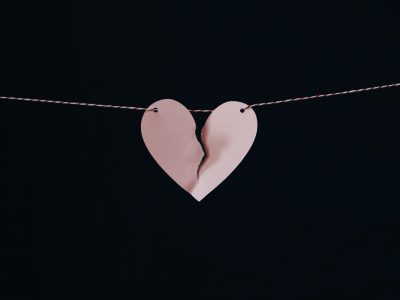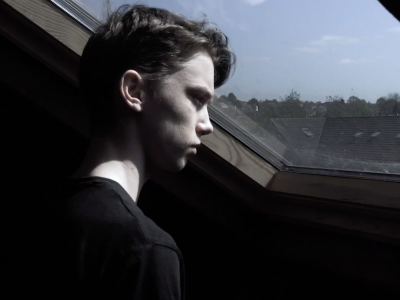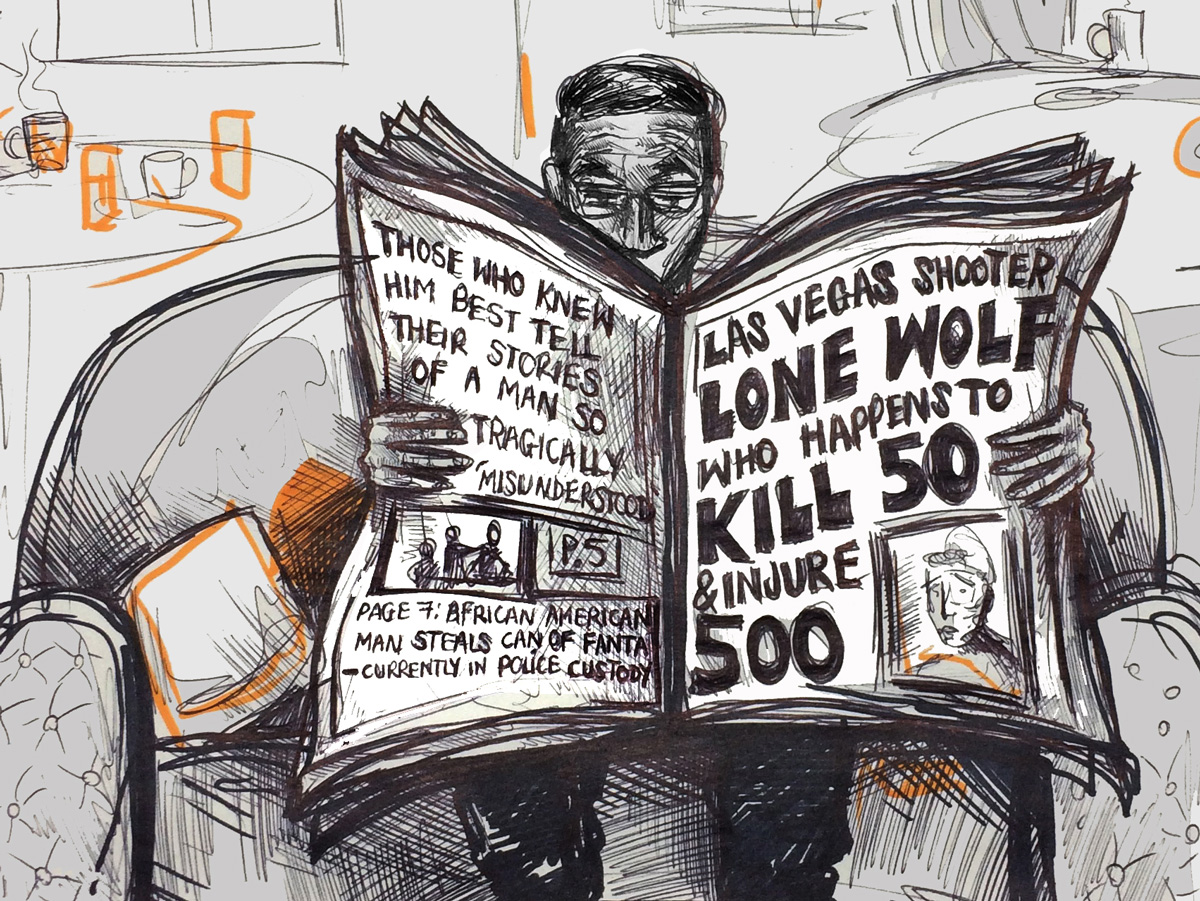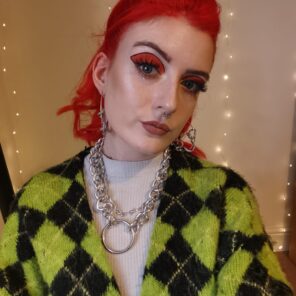Walking should not be a privilege

Becki reflects on the disappearance of Sarah Everard and the changes that must occur so this never happens again
I consider myself to be desensitised to a lot of true crime stories. Especially in a society where being sexually harassed as a woman is so normalised. But hearing about Sarah Everard, a 33-year-old who went missing after walking home, crushed and devastated me inside. She just wanted to walk home. Walking should not be a privilege. Feeling safe should not be a privilege. But for women, this is a privilege that we have never been afforded.
She just wanted to walk home. Walking should not be a privilege. Feeling safe should not be a privilege. But for women, this is a privilege that we have never been afforded.
I thought back to when I heard that a number of sexual assaults and attacks on women had taken place just five minutes from my house on the Bristol and Bath Railway Path. I was not shocked. I was disgusted, but not shocked. In the UK, one in five women will experience sexual assault in their lifetime, and globally, this rises to one in three. 97% of young women in the UK have been sexually harassed. Statistics like these, not to mention countless stories from countless women, always ring in my head when I consider walking alone.
This is part of the reason it took me weeks to work up the courage to go for a walk without my housemates. It felt freeing until I saw a lone man behind a tree staring at me. Instead of exploring the path in front of me, I turned back. He might have just been looking at my bright orange hair but I didn’t want to take the risk. When lockdown was announced, I thought I’d left the dark nights of getting home breathless because I’d fast-walked home from work behind. But despite swapping the dark nights for daytime, I was still hyper-vigilant and quickened my pace whenever I heard a man walk behind me.
A recent survey showed that over half (55%) of women say they are finding it harder to stay positive day-to-day compared with 44% of men. During a time when one of only activities that you can do outside is go for walks, women are finding the winter pandemic more difficult than the summer pandemic and are bearing the brunt of the restrictions. The outdoors is typically connoted with openness and freedom, but for many women it can represent vulnerability and the threat of harassment. In the winter months, when it gets dark at around 5pm, it means that women working from home feel confined and isolated. 5pm becomes the cut off point – we have to choose between doing work or exercising outside. I gaze out the window in the evening and feel anxious for the women out jogging and a pang of envy towards the men frivolously cycling down the cycle path.
The outdoors is typically connoted with openness and freedom, but for many women it can represent vulnerability and the threat of harassment. In the winter months, when it gets dark at around 5pm, it means that women working from home feel confined and isolated.
Maybe these men are the same ones who say “not all men”. But how are we to know which ones are the harmless ones? Men tell us that we can protect ourselves by getting a taxi or walking home with a male friend. Women tell us to download a recording of a fake phone call that you can play if you feel unsafe in a taxi, because we know that taxis do not suddenly equate security. Women tell us that they have been sexually assaulted by men they assumed were their friends. The men that are assumed to be our protectors end up being our antagonists, yet we are the ones who are blamed for being out too late or not wearing the right footwear.
Every woman has one path that she swears to avoid, one dress that she self-consciously pulls down, one experience that shapes the way that she views the outside world. We all have a plan if we do get followed or accosted, as we look around for houses with the lights on and mentally map all the corner shops that we could run into. But, essentially all we have to rely on is luck.
I find myself thinking words like ‘luck’, ‘chance’, or ‘fortunate’ a lot in relation to my experiences as a woman. I consider myself ‘lucky’ for ‘only’ being fleetingly groped in clubs and cat-called, in contrast to going through the deeply traumatic events which the catcall may just be a precursor to. It’s ‘fortunate’ that I have never been followed home or felt the fear that Sarah inevitably felt. We shouldn’t have to rely on luck or chance or meticulously planned routes with keys between our fingers and our location on (just in case) to feel safe.
I find myself thinking words like ‘luck’, ‘chance’, or ‘fortunate’ a lot in relation to my experiences as a woman. I consider myself ‘lucky’ for ‘only’ being fleetingly groped in clubs and cat-called.
Due to many complaints about its safety, the council are now working on improving the Bristol and Bath Railway path. They are putting new measures in place such as improved visibility and accessibility so that it will be safer to walk and cycle down, which will hopefully reduce the crime rate as well. But I don’t want safety just for myself and The Bristol and Bath Railway Path, I want it to be safe everywhere, for all women. That means black women, trans women, and disabled women too.
This isn’t just the job of the government to fix – this is the job of all men. Not just to glorify yourself on Twitter for performative allyship points, but to uplift the voices of women and call out the men in your life for their problematic behaviour. Sarah’s ‘luck’ ran out, and there has to be real change before it runs out for many other women. Sarah should have made it home that night.
Do Becki’s experiences of fear resound with you? Let us know in the comments below.

About Rife





